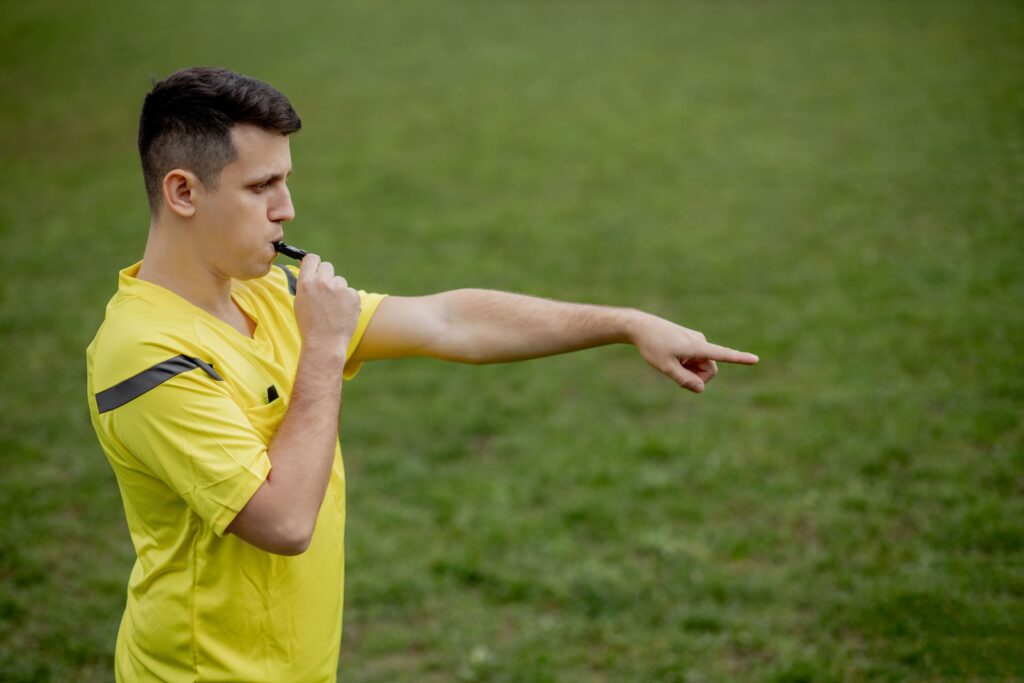Free movement of workers
As a worker in the EU, you have the right to choose where you work. FIFA’s rules don’t allow you to switch clubs freely, “without just cause.”
The Court of Justice of the European Union has ruled that FIFA’s transfer rules violate two core principles of European law:
As a worker in the EU, you have the right to choose where you work. FIFA’s rules don’t allow you to switch clubs freely, “without just cause.”
FIFA’s rules limit the ability of clubs and players to negotiate freely. This restricts competition, which is illegal under EU law. In Diarra, the CJEU qualified this restriction as “by object”, which is the worst category of restriction.
We are bringing this case under The act on collective damages claims (WAMCA) which allows this legal action to be filed by Justice for Players on behalf of a large group professional footballers.
The advantage of the WAMCA is that if you have suffered damages and reside in the Netherlands at the time the court rules on the admissibility of the foundation, you are automatically included in the action, unless you indicate that you do not wish to participate (opt-out). This means you do not need to initiate individual legal proceedings.
If you don’t reside in the Netherlands, you will need to actively indicate that you wish to participate in this claim (opt-in). You can sign up here.


The Court of Justice of the European Union made clear in the Diarra case that FIFA’s transfer rules violate European law on several key points. This legal action follows on from that ruling.
The Court ruled that FIFA’s rules restrict the free movement of workers, since they discourage clubs from signing new players. FIFA’s transfer rules penalize players who seek to end their contracts early.
Additionally, players who want to work in another country need an international transfer certificate, but if there is a dispute with your old club, you may not be provided with one and therefore won’t be able to work. The Court said this is illegal because it makes mobility impossible.
The Court found that FIFA’s rules breach the EU’s ban on anti-competitive practices. Why? Because they limit how freely clubs can recruit players, even though recruitment is one of the main ways clubs compete.
According to the Court, FIFA’s rules function like a non-poaching agreement. In the regular job market, these are strictly forbidden because they stop workers from changing jobs freely.
The Court ruled that FIFA’s sanctions are not proportionate and go beyond what is necessary. The system punishes both the player and the new club with:
The Court found that these rules restrict players for long periods, which is particularly challenging given how short a footballer’s career is.
The Court said FIFA’s rules for calculating compensation were neither objective nor necessary. They are so unclear that players can’t predict what sanctions will apply when they end a contract.
Worse still, the new club is automatically presumed guilty and must prove its innocence, while it should be the other way around.
On 4 October 2024, all these rules have been declared illegal by the CJEU.
Learn more about the lawsuitThe past and current FIFA rules have or had an important impact on your career, your income and your freedom. When switching clubs becomes harder, you earn less and have less control over your future, including less bargaining power when renegotiating your contract with your current club. Whether you play for a top club or in the lower leagues, these rules limit your options and earnings potential.
Since the Diarra case, FIFA has introduced temporary new rules as of 1 January 2025. These transitional rules do not comply fully with the Diarra judgment. We are fighting to fully restore your rights and to secure compensation for the years of lost earnings caused by these unlawful rules.
We want to ensure that your rights are fully restored. That you finally gain the freedom you deserve. And that you are compensated for all the harm you have suffered over the past years due to these unlawful rules.

Join us now
FIFA’s transfer rules unlawfully restricted and still restrict your freedom to move between clubs when you wish to, and impact your bargaining power. Justice for Players is committed to ensure that footballers gain more power in relation to FIFA and the national football associations and receive fair compensation for the harm caused by these rules.
